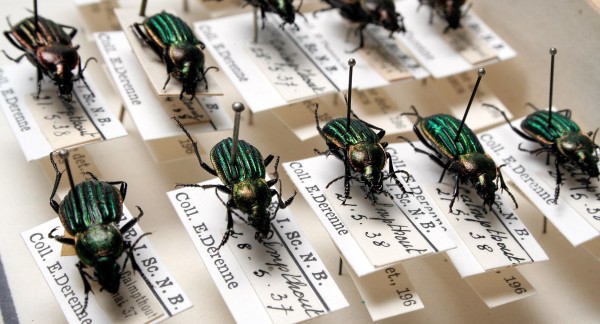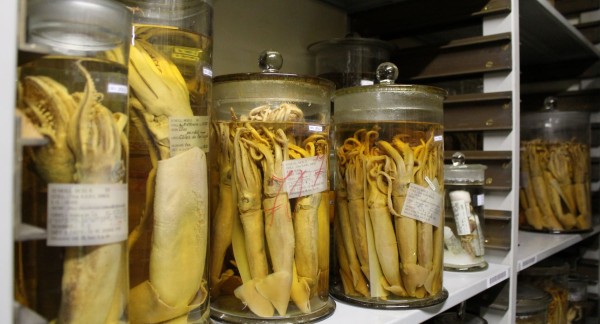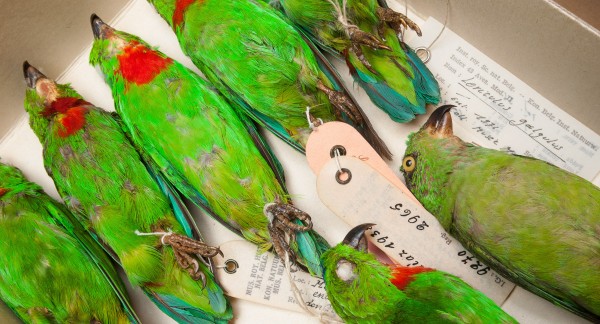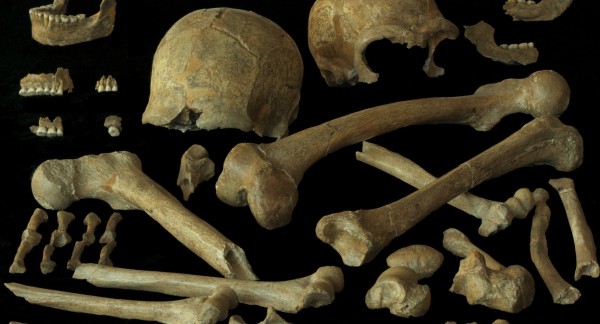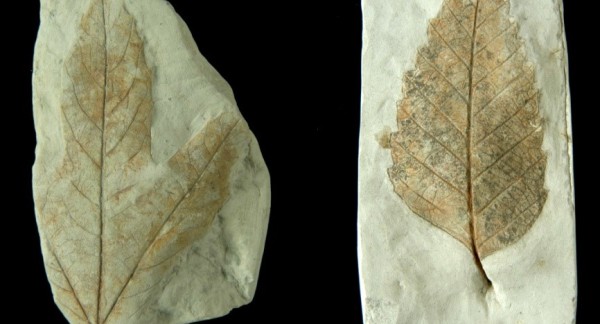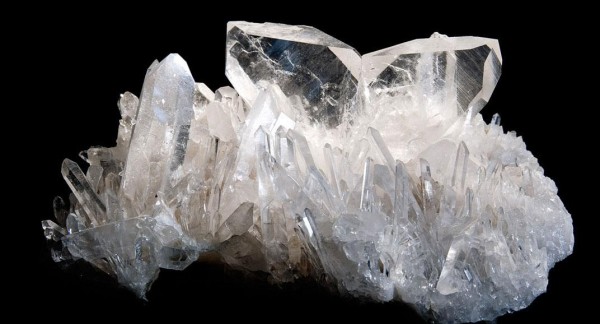Collections & Data
The size of our collections is estimated at 38 million specimens (objects from nature). That makes us one of the ten most important natural history collections in the world. Together with the collection of the AfricaMuseum (10 million specimens) and the collection of the Meise Botanic Garden (4 million), the Belgian Federal collection is even the third largest in Europe, just after those of the London and Paris museums.
These natural history collections, which are the result of many decades of exploration and research, help us to better understand the history of life on Earth and biodiversity, and to come up with better ways of protecting the environment.

Biological collections can be a starting point for studies on biodiversity loss, climate change, invasive species and the vectors of diseases. Palaeontological collections help reconstruct the impact of environmental changes on fauna and flora of long ago. Geological collections help to map the underground and identify sustainable resources in the transition to a green society.
For several years now, the Royal Belgian Institute of Natural Sciences has been committed to an ambitious program to digitise its collections. Many zoological specimen data are moreover made findable, accessible and re-usable through the RBINS Registry in the Global Biodiversity Information Facility. Our Institute also manages large databases, resulting from monitoring and other research activities and available for new studies, as well as an ever-growing frozen collection of tissues and molecules.
38
million specimens
15,500
m² of collections
400
visiting researchers per year
232
available data sets
Our collections
Search our collections
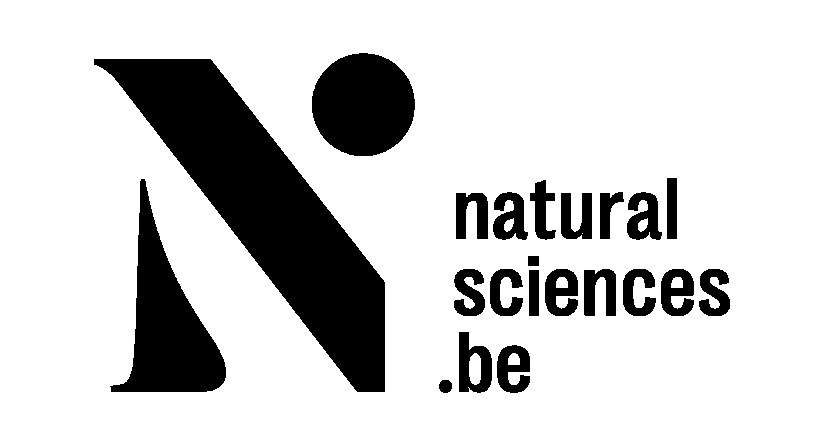
DaRWIN
(species)

Virtual collections
(digitized specimens)

Collections
(general info)

Metadata catalog
(available scientific data sets)
Our curators
Visiting the collections
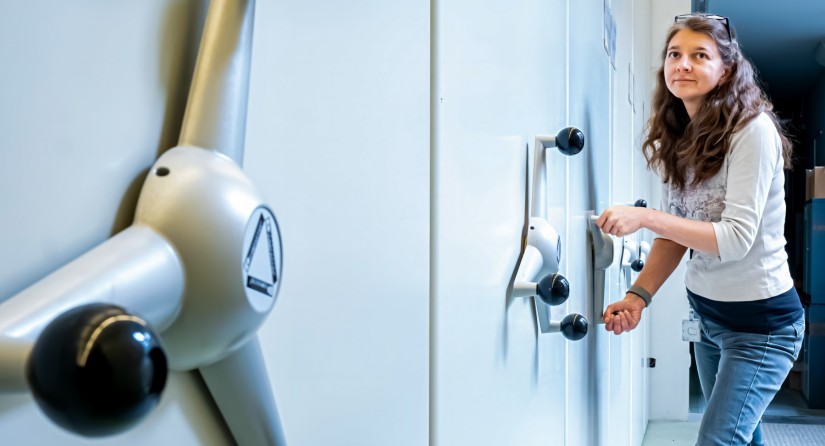
Are you a researcher wishing to study a collection?
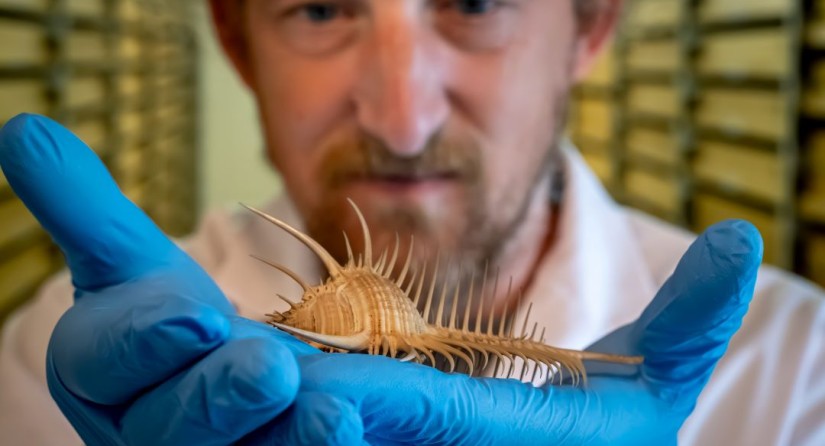
You want a backstage guided tour with a peek into our collections and labs?
The history of our collections
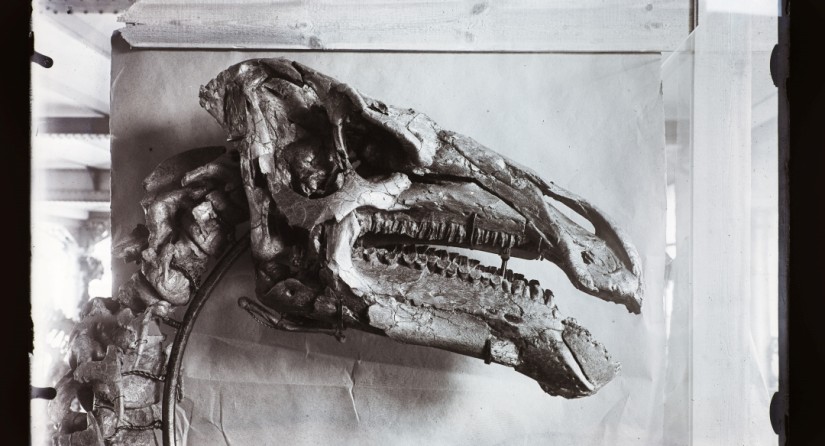
How did our eclectic selection of specimens grow into one of the most important in the world?
Donate your collection
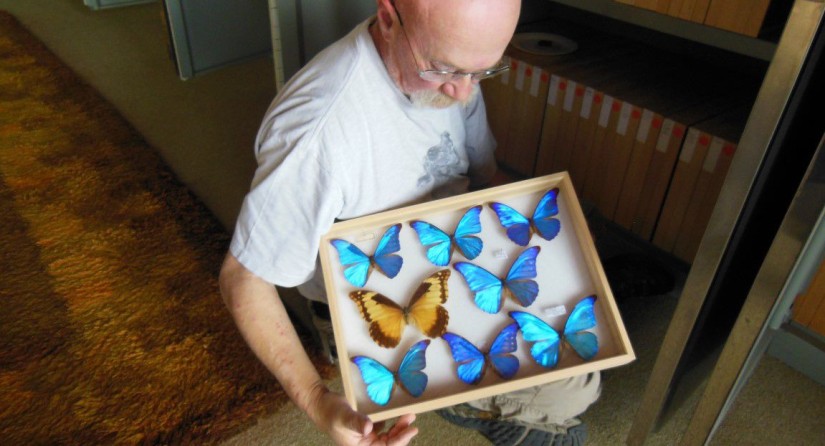
Your private collection or the one you inherited could be of great scientific value. Why not donate them to the Royal Belgian Institute of Natural Sciences? We will keep the specimens in perfect condition.
